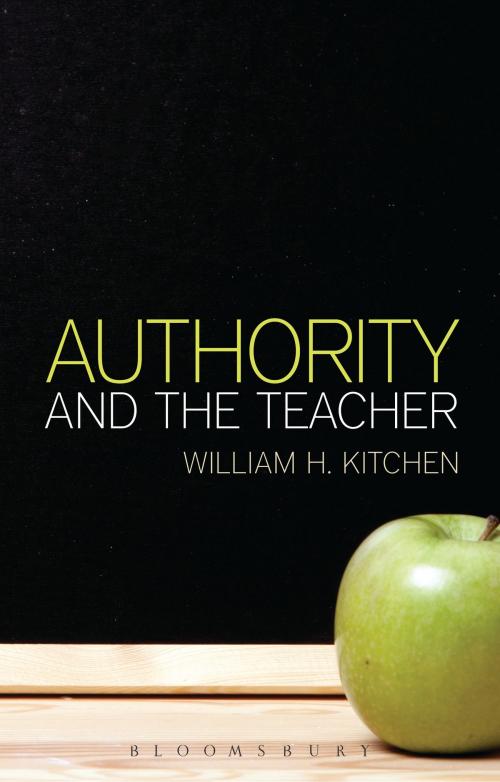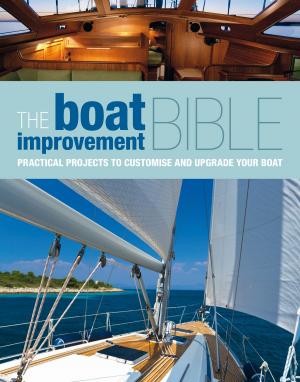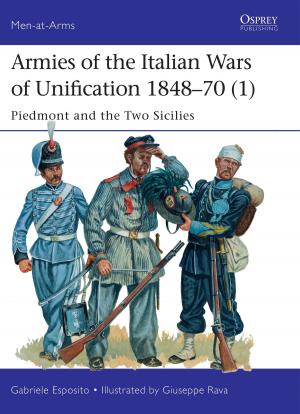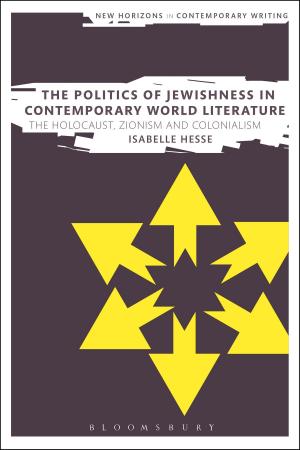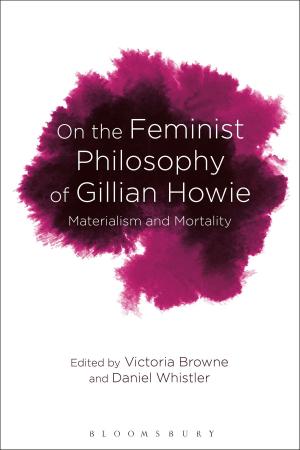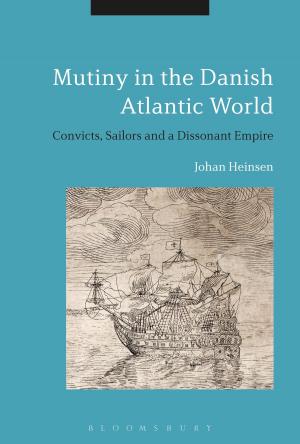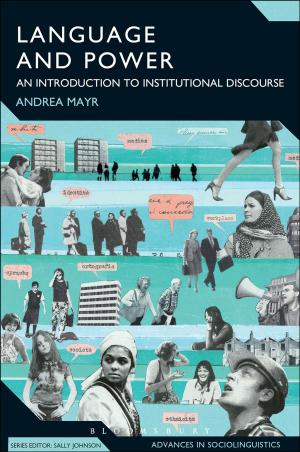Authority and the Teacher
Nonfiction, Reference & Language, Education & Teaching, Educational Theory, Philosophy & Social Aspects, Teaching, Teaching Methods| Author: | Dr William H. Kitchen | ISBN: | 9781472529800 |
| Publisher: | Bloomsbury Publishing | Publication: | October 22, 2014 |
| Imprint: | Bloomsbury Academic | Language: | English |
| Author: | Dr William H. Kitchen |
| ISBN: | 9781472529800 |
| Publisher: | Bloomsbury Publishing |
| Publication: | October 22, 2014 |
| Imprint: | Bloomsbury Academic |
| Language: | English |
Authority and the Teacher seeks to overturn the notion that authority is a restrictive force within education, serving only to stifle creativity and drown out the voice of the student. William H. Kitchen argues that any education must have, as one of its cornerstones, a component which encourages the fullest development of knowledge, which serves as the great educational emancipator. In this version of knowledge-driven education, the teacher's authority should be absolute, so as to ensure that the teacher has the scope to liberate their pupils. The pupil, in the avoidance of ignorance, can thus embrace what is rightfully theirs; the inheritance of intellectual riches passed down through time.
By invoking the work of three major philosophers – Polanyi, Oakeshott and Wittgenstein – as well as contributions from other key thinkers on authority, this book underpins previous claims for the need for authority in education with the philosophical clout necessary to ensure these arguments permeate modern mainstream educational thinking.
Authority and the Teacher seeks to overturn the notion that authority is a restrictive force within education, serving only to stifle creativity and drown out the voice of the student. William H. Kitchen argues that any education must have, as one of its cornerstones, a component which encourages the fullest development of knowledge, which serves as the great educational emancipator. In this version of knowledge-driven education, the teacher's authority should be absolute, so as to ensure that the teacher has the scope to liberate their pupils. The pupil, in the avoidance of ignorance, can thus embrace what is rightfully theirs; the inheritance of intellectual riches passed down through time.
By invoking the work of three major philosophers – Polanyi, Oakeshott and Wittgenstein – as well as contributions from other key thinkers on authority, this book underpins previous claims for the need for authority in education with the philosophical clout necessary to ensure these arguments permeate modern mainstream educational thinking.
